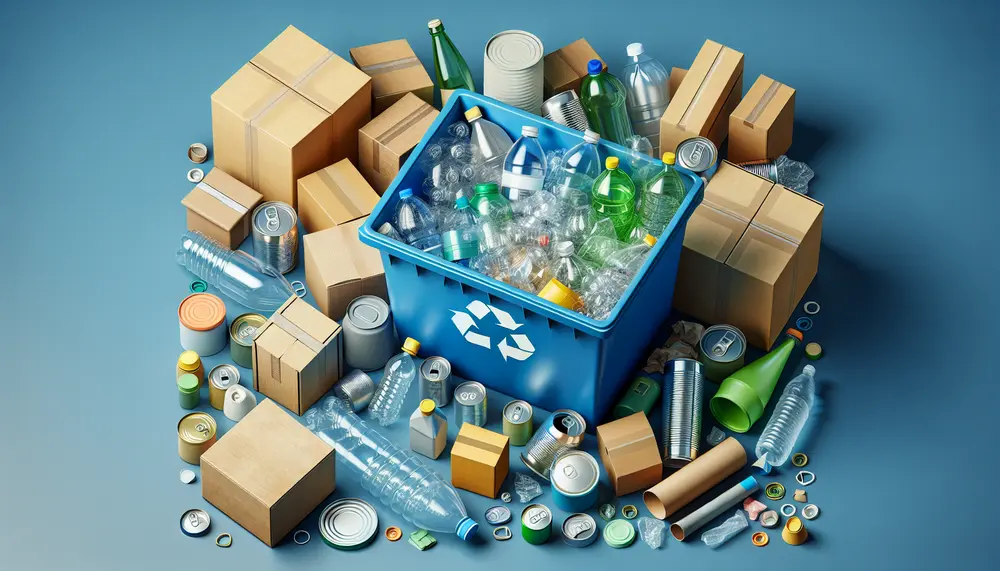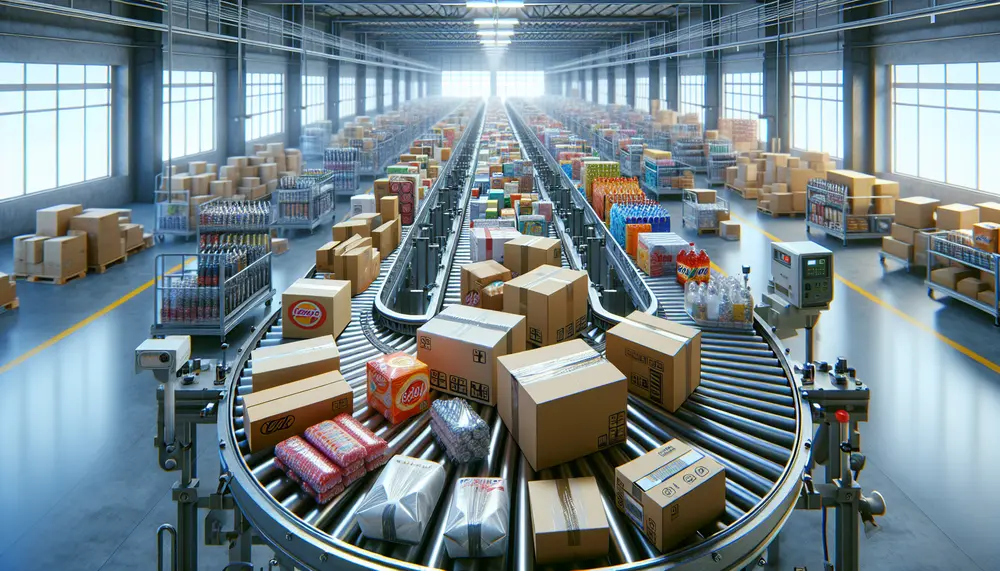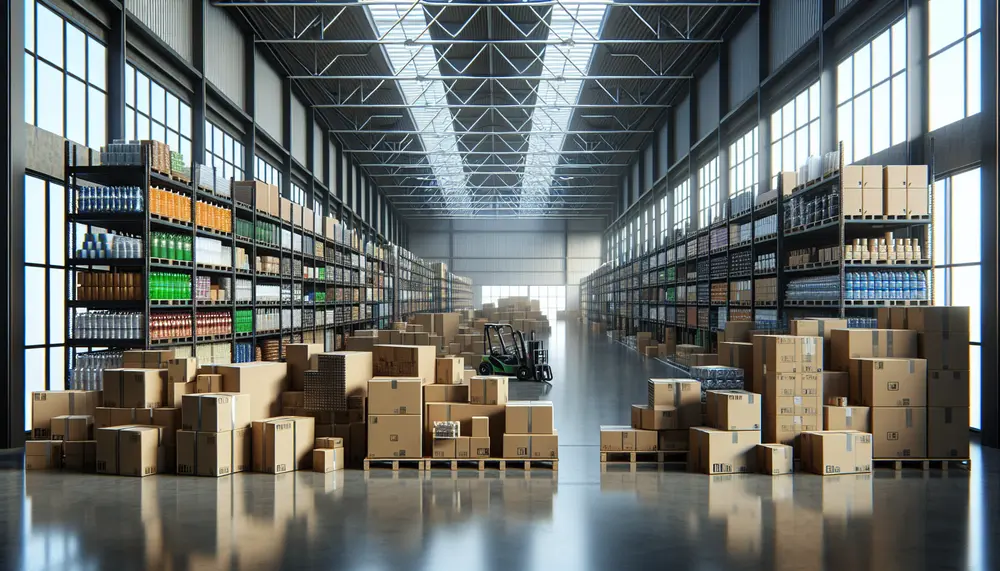Posts on the Topic Economy

The launch of sustainable packaging solutions is transforming the industry by promoting eco-friendly practices that balance environmental responsibility with commercial demands, offering benefits like cost savings and enhanced brand image while facing challenges such as initial costs and supply chain...
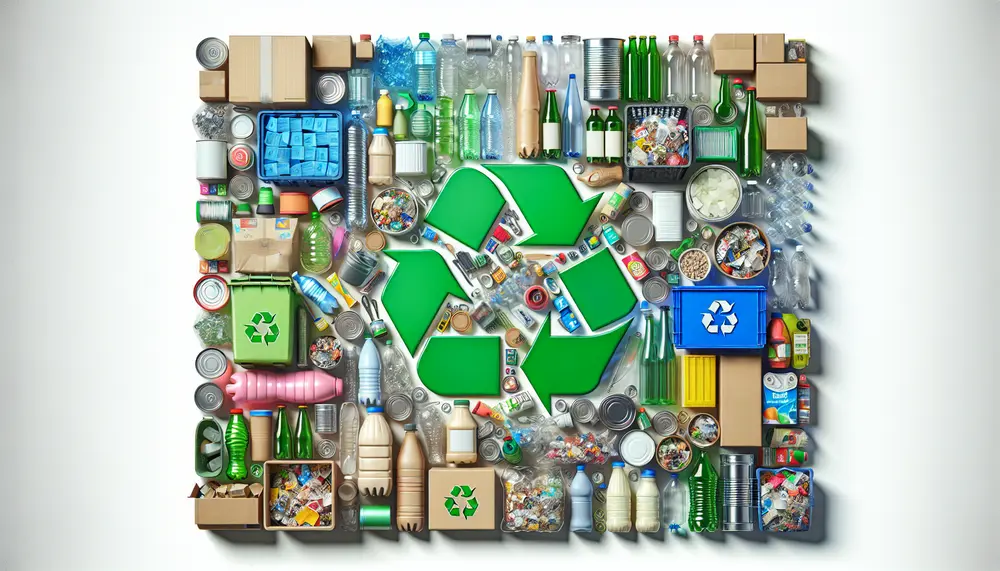
The 2023 packaging and waste regulation emphasizes sustainability, with new directives pushing for circular economy models and improved design for recyclability. Businesses must adapt to these changes, which include Extended Producer Responsibility (EPR), incentivizing eco-friendly packaging innovation. EU packaging waste regulations...

The Packaging Corporation of America (PCA) is a leader in innovative packaging solutions, enhancing brand recognition and sustainability with advanced designs and materials. PCA's custom-engineered options cater to diverse industries, integrating technology for efficiency and quality assurance while focusing on...

Packaging in the USA market is essential for brand strategy, influencing consumer behavior and ensuring product protection. Trends like smart packaging, personalization, sustainability, and minimalist design are shaping the industry's future. Sustainable packaging enhances brand image but may incur higher costs...
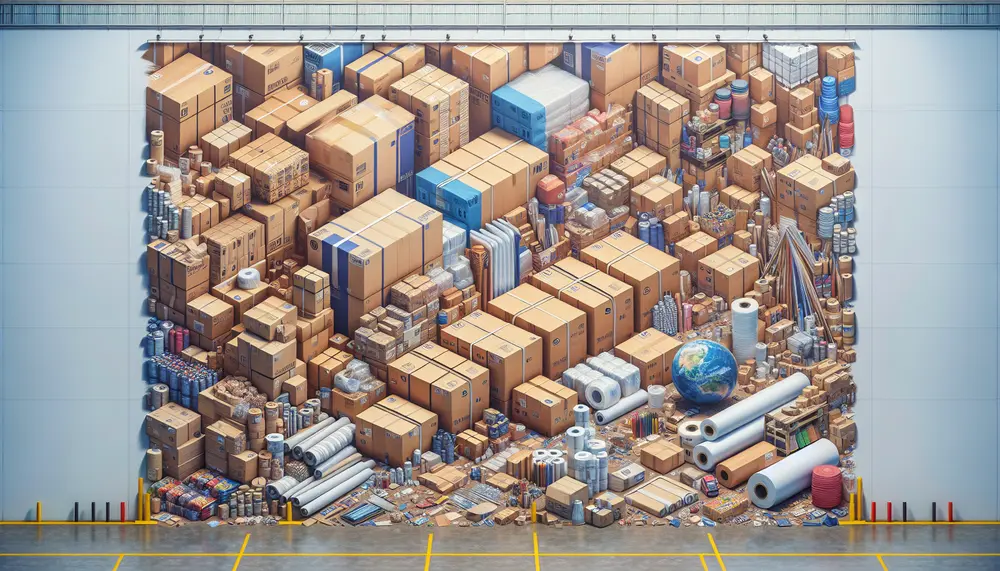
Uruguay's packaging industry is thriving with innovation and sustainability, offering diverse solutions to meet global demands while contributing significantly to the nation's economy. The sector faces challenges such as raw material limitations but benefits from strategic location and government support. Key...
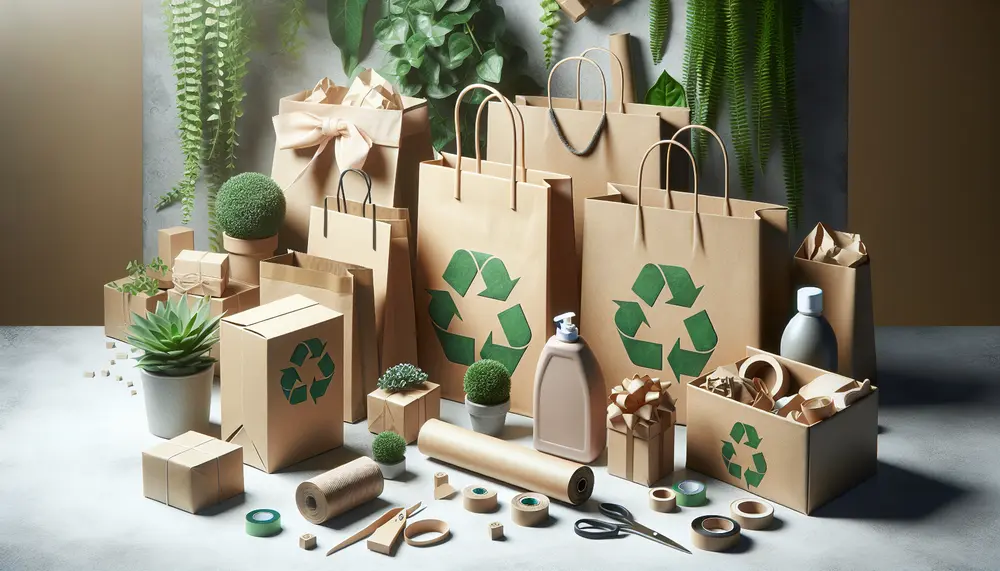
Recycled paper in sustainable packaging reduces reliance on forests, conserves resources, and minimizes waste while signaling a brand's environmental commitment. It offers benefits like lower greenhouse gas emissions and conservation of biodiversity but faces challenges such as limited availability, potential...

Paper trays are an eco-friendly alternative to traditional serving materials, being biodegradable and often produced from sustainably managed forests, which reduces waste in landfills and has a lower carbon footprint. They support circular economy principles by encouraging recycling and responsible...
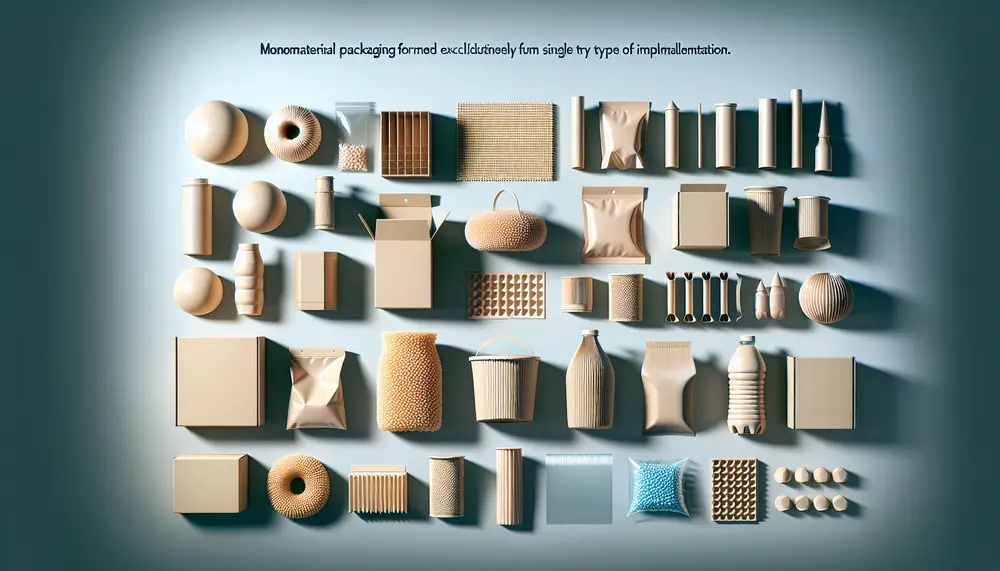
Monomaterial packaging, made from a single material for improved recyclability and production efficiency, faces challenges in maintaining product protection while research continues to develop suitable materials. The shift towards monomaterials aids the environment by reducing carbon footprints and waste, streamlining...

Reusable packaging promotes sustainability by reducing waste and encouraging a circular economy, with benefits including resource efficiency and reduced environmental impact. Regulatory incentives are fostering this shift towards reusability, which offers economic advantages alongside fulfilling global responsibility. The environmental benefits of...
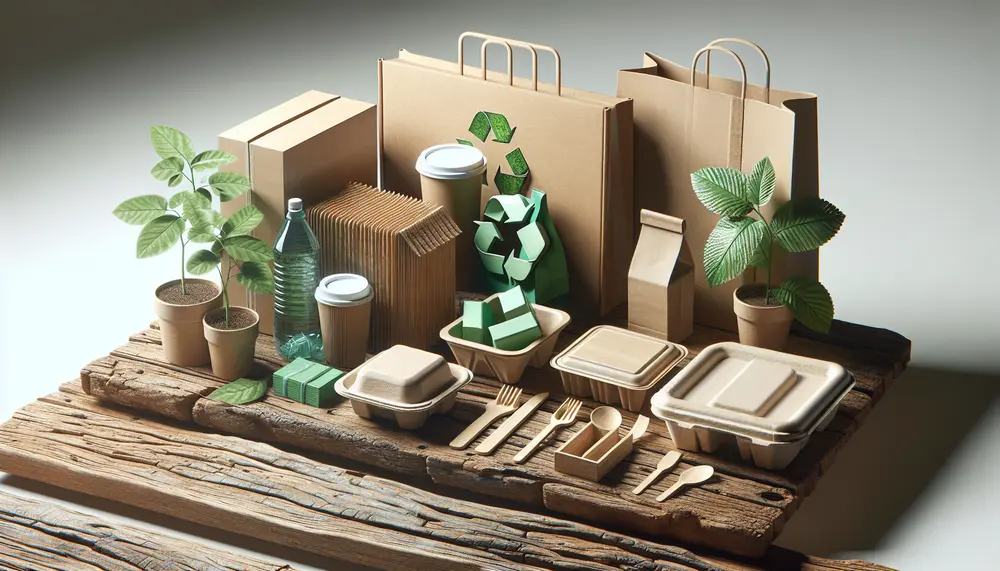
Recycled packaging is crucial for environmental conservation, reducing the need for new resources and minimizing carbon footprint through reusing materials like cardboard, paper, plastics, metals, and glass. The industry faces challenges such as material contamination and complex composites but is...

RPET (Recycled Polyethylene Terephthalate) is an eco-friendly packaging material made from recycled PET products, reducing landfill waste, energy consumption, and greenhouse gas emissions. Its adoption supports a circular economy by minimizing resource use and promoting recycling, but faces challenges like...

Sustainability in packaging focuses on reducing environmental impact through practices like using biodegradable materials and designing for reusability, aiming to align ecological health with business and consumer needs. Current trends include plant-based materials, minimalist designs, recycled content use, and advanced...

The Sustainability Awards for Packaging in Europe highlight innovative sustainable packaging solutions, emphasizing the industry's shift towards environmental responsibility as a core value. Winners are chosen based on comprehensive criteria that assess material efficiency, design for recycling, innovation, life cycle...

